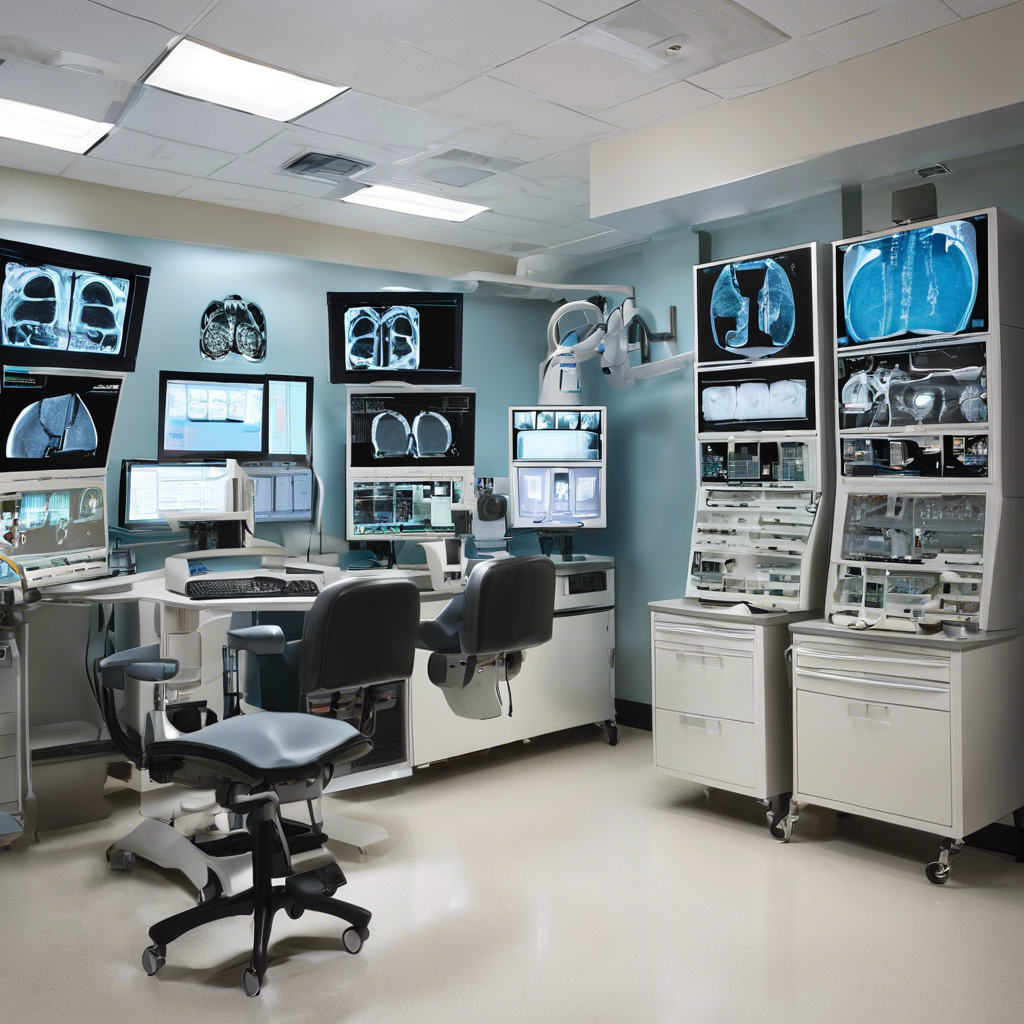Online radiology technician programs provide a convenient and flexible way for individuals to pursue a career in the field of radiologic technology. These programs offer comprehensive training in medical imaging techniques, radiation safety, patient care, and anatomy, preparing students for entry-level positions as radiology technicians.
One of the key advantages of online radiology technician programs is the ability to study from anywhere with an internet connection. This flexibility allows working professionals, parents, and individuals with busy schedules to pursue their education without having to attend classes on a traditional campus.
In addition to flexibility, online radiology technician programs often offer self-paced learning options, allowing students to progress through the coursework at their own speed. This can be beneficial for individuals who prefer to study at their own pace or who need to balance their studies with other responsibilities.
Many online radiology technician programs also provide hands-on training opportunities through clinical placements at local healthcare facilities. These practical experiences allow students to apply their knowledge in real-world settings and gain valuable skills under the supervision of licensed radiologic technologists.
When choosing an online radiology technician program, it is important to ensure that the program is accredited by the Joint Review Committee on Education in Radiologic Technology (JRCERT). Accreditation ensures that the program meets established standards of quality and rigor, and that graduates are eligible to sit for the national certification exam.
In addition to accreditation, prospective students should consider factors such as program cost, curriculum structure, faculty qualifications, and student support services when selecting an online radiology technician program. It is also advisable to research the program’s graduation and job placement rates to gauge its effectiveness in preparing students for the workforce.
Online radiology technician programs typically include a combination of didactic coursework, laboratory exercises, and clinical experiences. Courses may cover topics such as radiographic positioning, image production, radiation physics, patient care, and medical ethics, providing students with a well-rounded education in the field.
Upon successful completion of an online radiology technician program, graduates are eligible to take the American Registry of Radiologic Technologists (ARRT) certification exam. Certification is required by most states for licensure as a radiologic technologist and demonstrates proficiency in the field.
Graduates of online radiology technician programs can pursue careers in a variety of healthcare settings, including hospitals, clinics, imaging centers, and physician’s offices. Radiology technicians play a crucial role in the diagnosis and treatment of medical conditions, working closely with radiologists and other healthcare professionals to produce high-quality medical images.
In addition to entry-level positions, some radiology technicians may choose to specialize in areas such as mammography, computed tomography (CT), magnetic resonance imaging (MRI), or interventional radiography. Specialization can lead to enhanced job opportunities and higher earning potential in the field.
The field of radiologic technology is projected to grow in the coming years, driven by advances in medical technology and an aging population in need of diagnostic imaging services. This growth is expected to create a strong demand for qualified radiology technicians across the healthcare industry.
radiology technician programsIn conclusion, online radiology technician programs offer a flexible and accessible way for individuals to pursue a career in radiologic technology. With accreditation, comprehensive curriculum, and hands-on training opportunities, these programs prepare students for success in the field and help meet the growing demand for skilled radiology technicians in healthcare settings.
